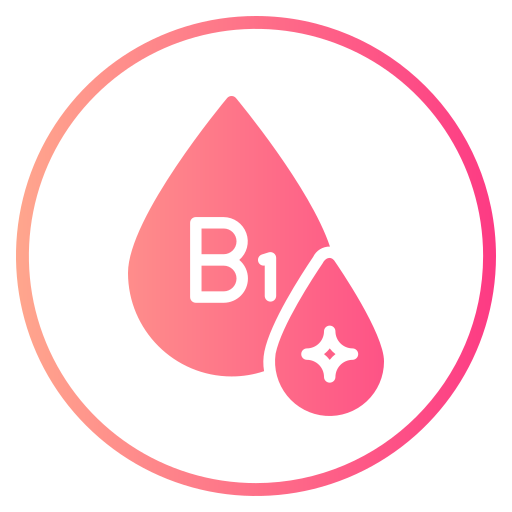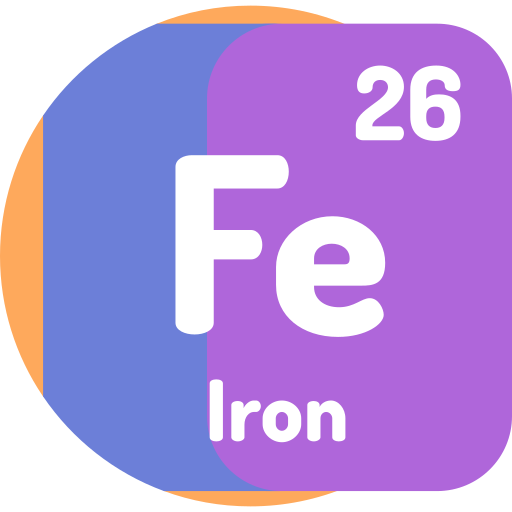Can Nutrient Therapy Boost Your Energy?
Benefits, Key Nutrients, and Scientific Evidence

In our fast-paced modern society, many individuals are looking for natural methods to sustain their energy levels. Nutrient therapy has gained popularity as a potential solution, but does it truly offer the energy boost people are seeking? Let’s delve into the science of nutrient therapy and its possible effects on your vitality.
What is Nutrient Therapy?
Nutrient therapy utilizes vitamins, minerals, amino acids, and other vital nutrients to enhance the body’s biochemical functions. This approach is often customized to tackle specific health issues, such as energy depletion, mood disorders, and chronic fatigue
Essential Nutrients for Energy Production:

B Vitamins
B vitamins, especially B12 and B6, are crucial for converting food into energy. They play a significant role in the production of ATP (adenosine triphosphate), the cell's energy currency. A deficiency in these vitamins can result in fatigue and diminished energy levels.

Magnesium
Magnesium is vital for more than 300 biochemical reactions in the body, including energy production. It aids in converting food into energy and is essential for muscle function and relaxation. Research indicates that magnesium supplementation can alleviate fatigue in individuals with low magnesium levels.

Iron
Iron is essential for producing hemoglobin, a protein in red blood cells that transports oxygen to the body’s tissues. Insufficient iron can hinder the production of healthy, oxygen-carrying red blood cells, leading to fatigue and reduced energy.

Coenzyme Q10
CoQ10 is a potent antioxidant that plays a crucial role in cellular energy production. It helps generate energy within your cells and has been shown to alleviate symptoms of chronic fatigue.
How Does Nutrient Therapy Work?
Nutrient therapy generally involves a personalized approach, where a healthcare provider evaluates your nutrient levels and health requirements. Based on this evaluation, they may suggest specific supplements or dietary modifications to address deficiencies and enhance energy production.
Types of Nutrient Therapy:
- Oral Supplements: The most common method, available in tablets, capsules, and powders.
- IV Therapy: Delivers nutrients directly into the bloodstream for quicker absorption.
- Dietary Adjustments: Incorporating nutrient-dense foods into your diet to naturally increase nutrient intake.
Scientific Evidence Supporting Nutrient Therapy
Research into the effectiveness of nutrient therapy for boosting energy is ongoing, but several studies have yielded encouraging findings:
- Vitamin B12 and Fatigue: A study in the Journal of Psychopharmacology found that vitamin B12 supplementation improved energy levels and reduced fatigue in individuals with low B12 levels.
- Magnesium and Chronic Fatigue: Research published in the Journal of Nutritional Biochemistry indicated that magnesium supplementation can alleviate fatigue and enhance energy levels in those with chronic fatigue.
- CoQ10 and Mitochondrial Function: A review in the Journal of Clinical Biochemistry and Nutrition emphasized CoQ10’s role in improving mitochondrial function, which is critical for energy production.
Is Nutrient Therapy Right for You?
While nutrient therapy can be advantageous, it’s important to proceed with caution. Excessive supplementation of certain nutrients may lead to negative effects. Consulting with a healthcare professional before starting any new supplement regimen is always advisable.
References
- B Vitamins: Harvard T.H. Chan School of Public Health.
- Magnesium and Fatigue: Journal of Nutritional Biochemistry.
- Iron and Energy Levels: National Institutes of Health .
- CoQ10 and Fatigue: Journal of Clinical Biochemistry and Nutrition.
- Vitamin B12 Study: Journal of Psychopharmacology.
- Magnesium and Chronic Fatigue Study: Journal of Nutritional Biochemistry.
- CoQ10 and Mitochondrial Function: Journal of Clinical Biochemistry and Nutrition.
